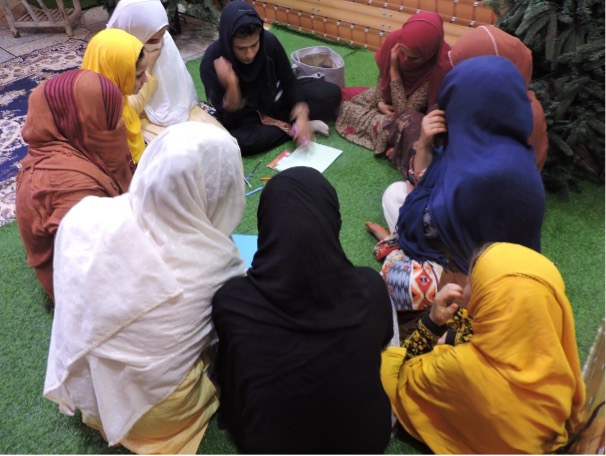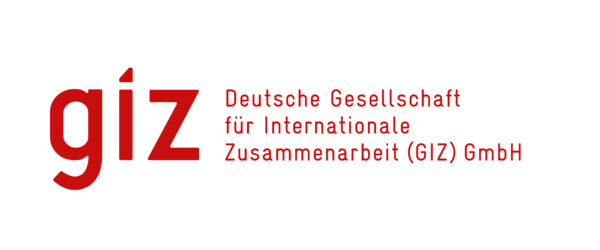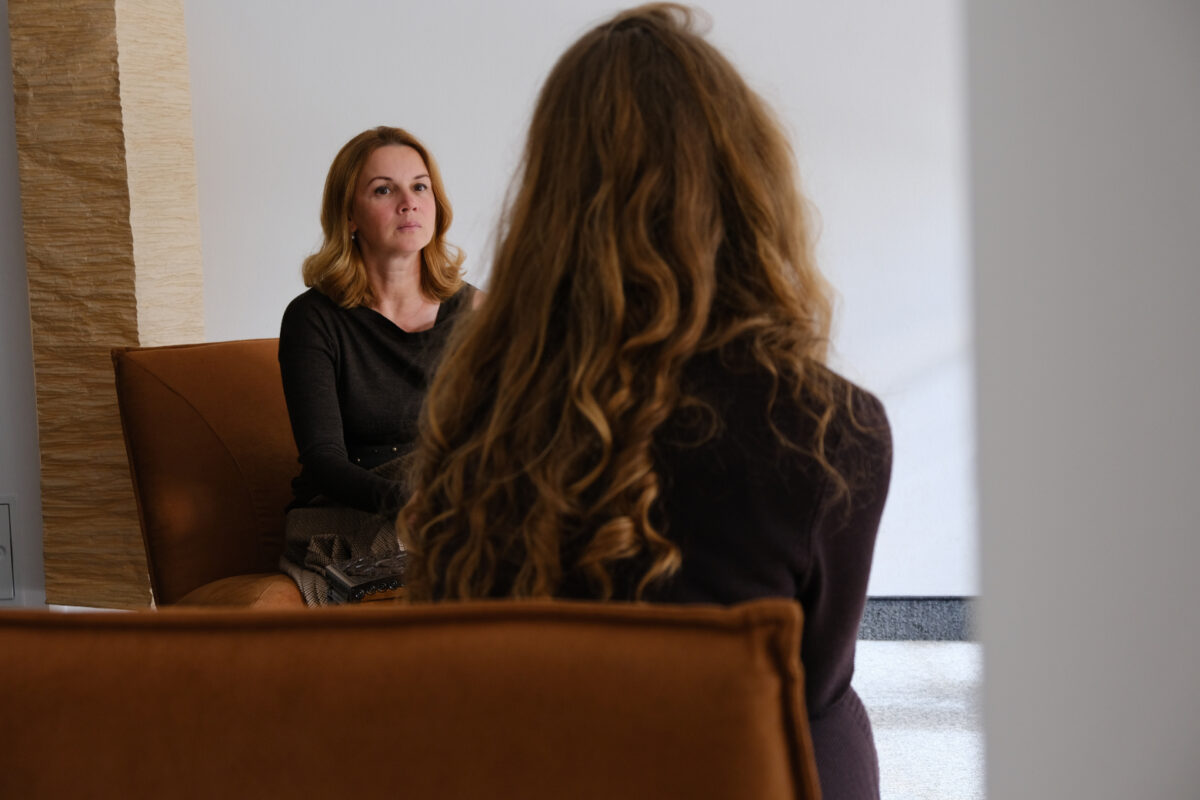
Psychosocial Support for IDPs and Returnees in Balkh, Kabul and Nangarhar
01.01.2018 - 30.06.2020Funded by Caritas Germany – Caritas international, with support from GIZ
Statistics from the International Organization for Migration show that between 2012 and 2019 more than 3 million Afghans returned to Afghanistan from neighbouring and other foreign countries. More than 4 million people were displaced internally during the same period. Many of them lived in and are still living in makeshift camps that are notorious for their cramped living conditions and lack of privacy.
3 million+
Returnees between 2012 and 2019
2018–2020
Project period
4 million+
Internally displaced people between 2012 and 2019
Afghanistan is a culturally diverse country where the people usually build support networks within family groups or ethnicities. Enormous potential for social conflict still exists when families with different traditions and values are forced, as is often the case in these makeshift shelters, to share facilities and compete for precarious sources of income. This potential needs to be counteracted through psychosocial support at individual and community levels.
The objective of the project was to promote and support the integration of returnees and internally displaced persons (IDPs) in camps in Kabul, Nangarhar and Balkh into host communities through psychosocial support. This was achieved by building up their psychosocial competence. To this end, the project provided individual psychosocial counseling and at community level, facilitated support/self-help groups and life-skill groups as well as education on mental health issues and psychosocial stressors.
The project was funded by:

With support from:

